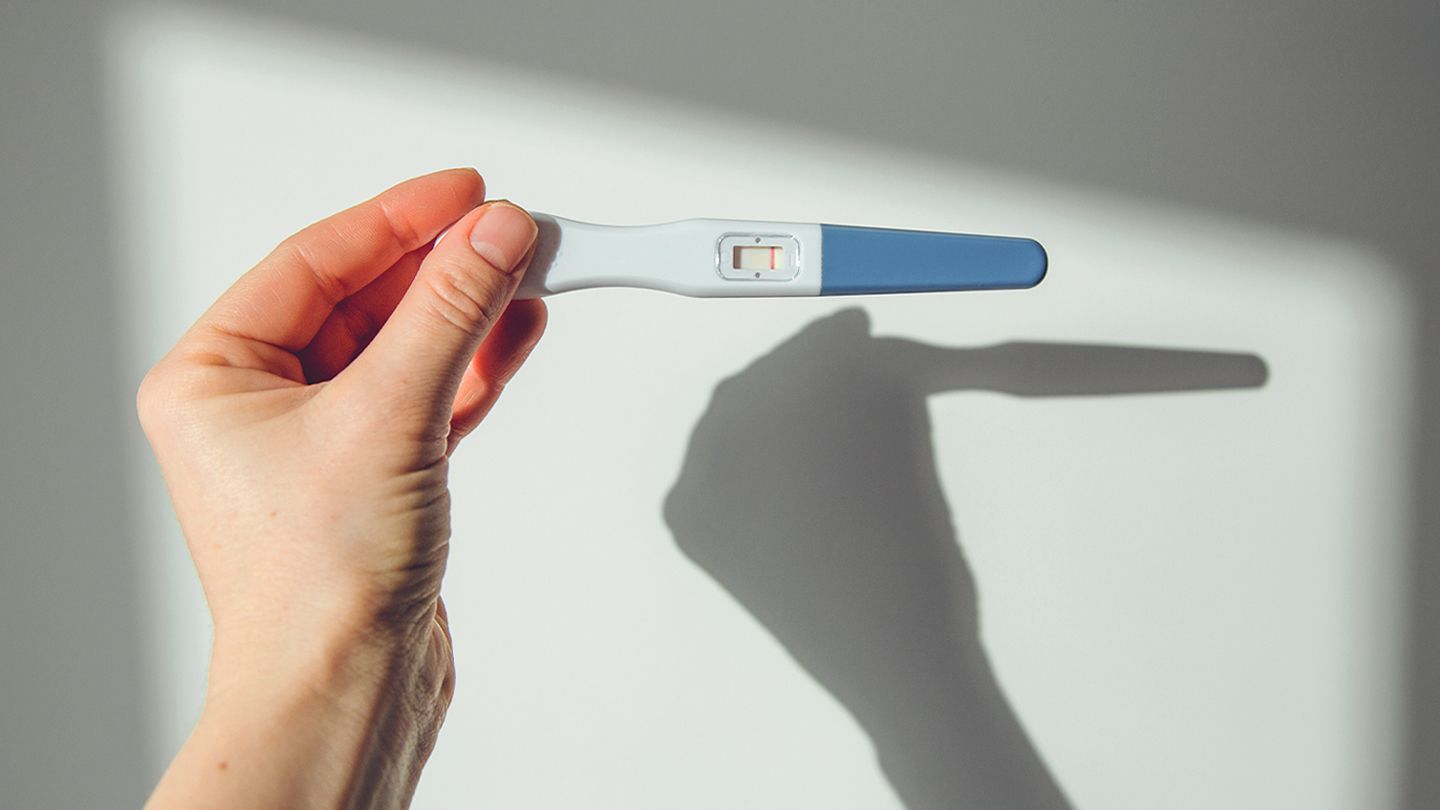Learning to forgive yourself after an abortion can be a journey of healing and acceptance.
Understanding Your Feelings
Self-forgiveness starts with understanding your feelings.
- It’s okay to feel sad, guilty, or confused.
- Every emotion you experience is valid.
- Recognizing your emotions is the first step.
Accepting the Decision
Accept the decision you made at that time.
- You did the best you could with the information you had.
- Accept that the past cannot be changed.
- Recognize that it was a complex choice to make.
Seek Support
Finding support is a key part of healing.
- Talk to friends or family who understand.
- Join support groups with others who have been through it.
- Consider talking to a counselor or therapist.
Express Your Emotions
Expressing your emotions can be very helpful.
- Write in a journal about how you feel.
- Create art to express your feelings.
- Allow yourself to cry and release your emotions.
Practice Self-care
Self-care is important for your healing journey.
- Eat healthy foods that make you feel good.
- Get enough sleep each night.
- Do activities that you enjoy and make you feel relaxed.
Forgive Yourself Each Day
Each day is a new chance to forgive yourself.
- Start each day by saying kind things to yourself.
- Remind yourself that you deserve forgiveness.
- Be patient with yourself as you heal.
Reflect on the Experience
Reflecting can help you understand and grow.
- Think about what you have learned from the experience.
- Recognize how you have grown and changed since then.
- Use the experience to make positive changes in your life.
Find Purpose
Finding a purpose can give you a sense of peace.
- Help others who may be going through the same thing.
- Get involved in activities that make you feel meaningful.
- Use your experience to advocate for causes you care about.
Give Yourself Time
Healing takes time, so be kind to yourself.
- Don’t rush your healing process.
- Understand that some days will be harder than others.
- Believe that with time, forgiveness will come.
The Power of Professional Help
A therapist can help guide you through the process.
- They can provide coping strategies that suit you.
- They can help you deal with feelings of guilt and shame.
- They can assist in developing forgiveness towards yourself.
Create a Supportive Environment
A loving environment is important for healing.
- Surround yourself with positive people.
- Create a space that feels safe and calming.
- Engage in communities that uplift and support you.
Remember, You Are Not Alone
You are not alone in this journey.
- Many others have been where you are.
- There is strength in seeking connection with others.
- Build a network of love and support around you.
Frequently Asked Questions Of How To Forgive Yourself After An Abortion: Path To Peace
What Is Self-forgiveness After Abortion?
Self-forgiveness post-abortion involves accepting, processing, and reconciling one’s emotions to heal from the experience and release guilt or blame.
Why Is Forgiving Yourself Important?
Forgiving oneself is crucial to mental health; it facilitates healing, reduces emotional distress, and promotes overall well-being after difficult decisions.
How To Begin Forgiving Yourself?
Begin with acknowledging your emotions, seeking support, and understanding that self-compassion is a critical step towards healing.
Can Abortion Trauma Be Overcome?
Yes, with time, support, and self-care, individuals can overcome emotional trauma associated with abortion and move towards personal healing.
What Role Do Professional Therapists Play?
Professional therapists offer guidance, coping strategies, and a non-judgmental space to process emotions, aiding in the journey to self-forgiveness.
How To Find Peace Post-abortion?
Finding peace involves self-reflection, support systems, sometimes therapy, and giving yourself grace and time to heal emotionally.



